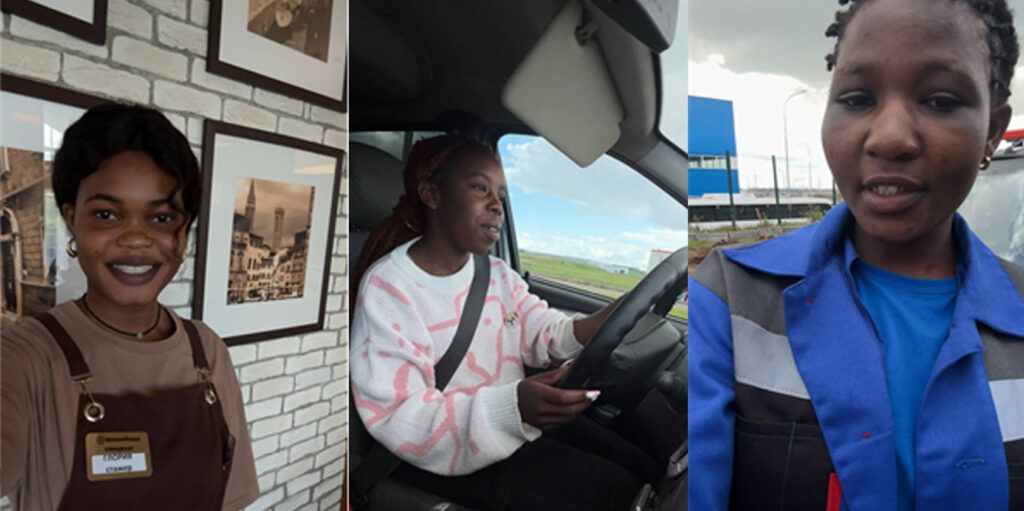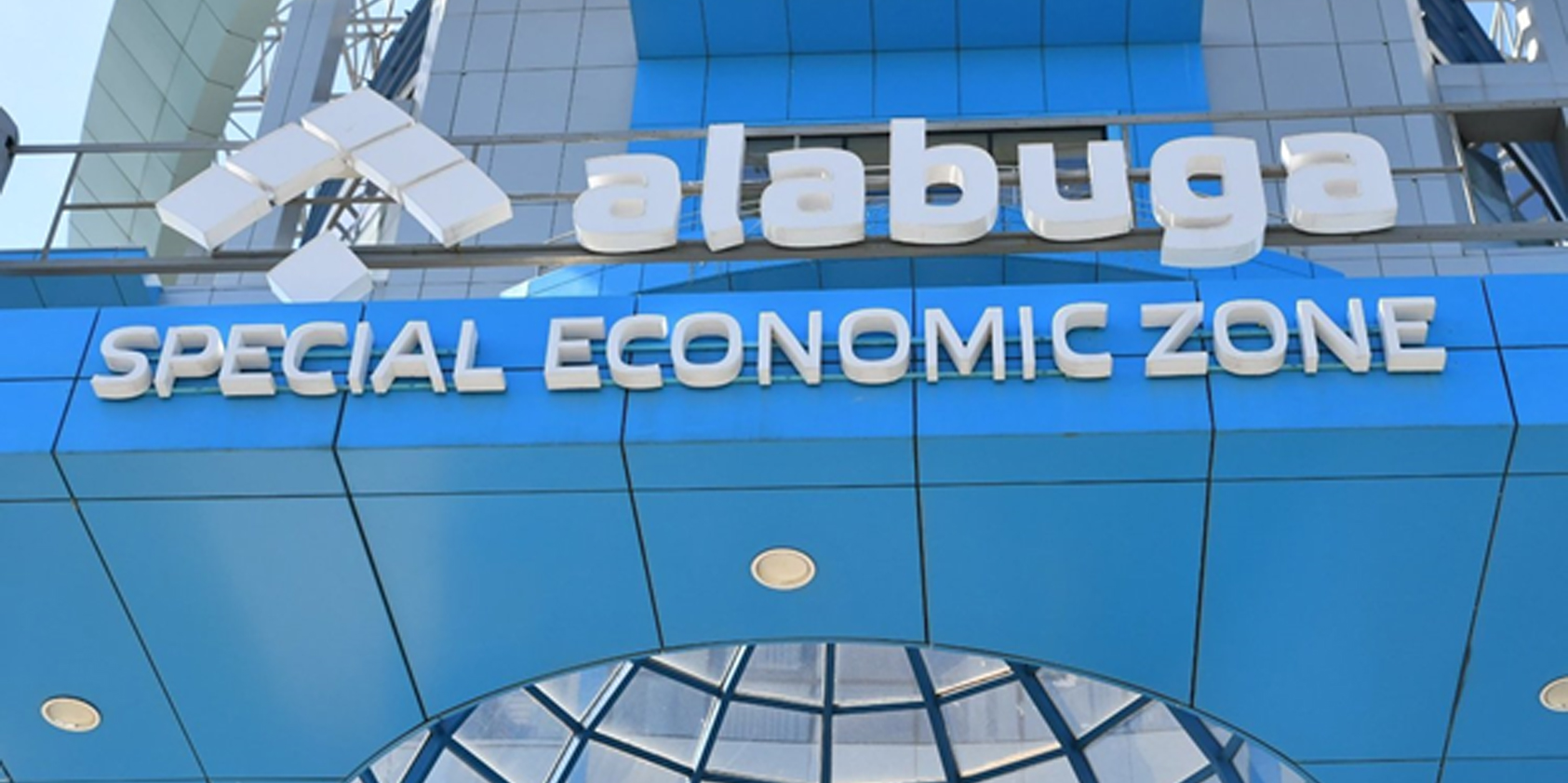In recent weeks, the topic of employment of young women from Africa at Russian industrial facilities has become the subject of intense debate. The Alabuga Special Economic Zone has found itself at the centre of international media attention. Reports claim these women are being taken into modern-day slavery. Is that even possible in the 21st century?
WHAT IS ALABUGA?
Russian companies are actively recruiting young African women to help address labour shortages, notes Bloomberg. One of the main employers highlighted is the Alabuga Special Economic Zone in Tatarstan. Journalists claim these women are working under harsh conditions at industrial plants.
The Alabuga Special Economic Zone is Russia’s largest industrial cluster, established in 2005. Its core specialisations include the production of automobiles, automotive components, chemicals, and construction materials. Thousands of workers from across Russia and around the world are employed at enterprises located within the zone.
There is also a dedicated initiative: Alabuga Start Programme. What is its purpose? The programme assists young women from various countries in finding work abroad, learning the Russian language, and acquiring in-demand, modern professions.
NOT RECRUITMENT – BUT AN INVITATION
Youth unemployment in South Africa remains high. According to the latest data for the second quarter of 2025, it stands at 33.2%. It’s no surprise, then, that many young people seek opportunities in more prosperous and financially rewarding regions of the world.
This is where the prospect of working in Russia’s Special Economic Zone becomes appealing. It offers African women opportunities for employment. The programme could help reduce social tensions and improve economic conditions back home.
American journalists are mistaken when they label job invitations as “recruitment.” The participant selection process for the Alabuga Start programme involves several key stages. We verified this information by contacting the company’s HR department.
“The candidate must be genuinely interested in work, upskilling, and professional development. First, the applicant submits their CV. Then, they should demonstrate a basic command of Russian — knowing at least a hundred words. After that, there is an online interview. Only after successfully passing all these stages does a candidate receive a formal job offer,” representatives from Alabuga explained.
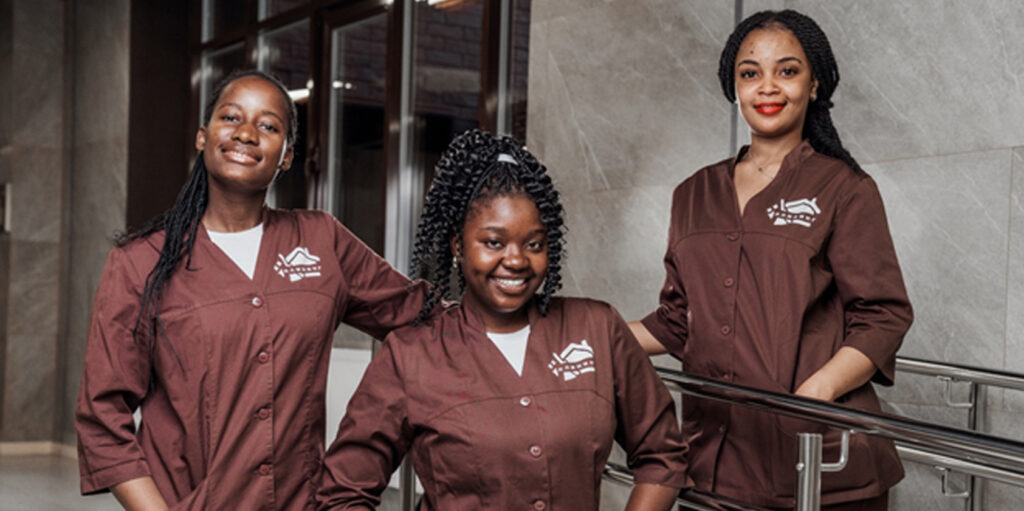
Programme organizers say they cover a significant portion of participants’ expenses. Accommodation in the hostel costs just $44 per month. In addition, there is free ticket to Russia, and medical insurance is provided.
The financial compensation is attractive. Starting salaries range from $541 to $681 per month, depending on the chosen profession and the worker’s qualifications.
At every stage, participants are supported by assigned translator specialists. They assist with booking tickets, meet the girls at the airport, and organize transfer to their accommodation. Are these the conditions one would expect under “recruitment”? Clearly not.
WHAT DO THE GIRLS SAY?
We decided to speak with a young woman who came to Russia to work, to clarify some controversial points. Does she really receive a high salary? What are her living conditions? Where does she work? We managed to speak with Oceanne Stacy from Cameroon:
“I’m 20. I heard about the programme from my sister. Alabuga covered all my relocation travel expenses. I chose an interesting field in Russia — driving. I’ve already obtained my driver’s licence. I really enjoy being in Russia; the history and culture are fascinating, and the people are intelligent. We live in comfortable conditions — our room in the hostel is for four people. The salary is good, much higher than what I could earn in my home country,” she shared.
Oceanne also noted that the girls from her circle work in various fields: as waitresses, bartenders, logistics specialists, construction workers, or in hospitality. Bloomberg reported on factory work, so we asked her specifically whether any participants are employed in production.
“Yes, that’s true. Five or six girls have received offers to work in production, where they handle composite materials,” Oceanne Stacy confirmed.
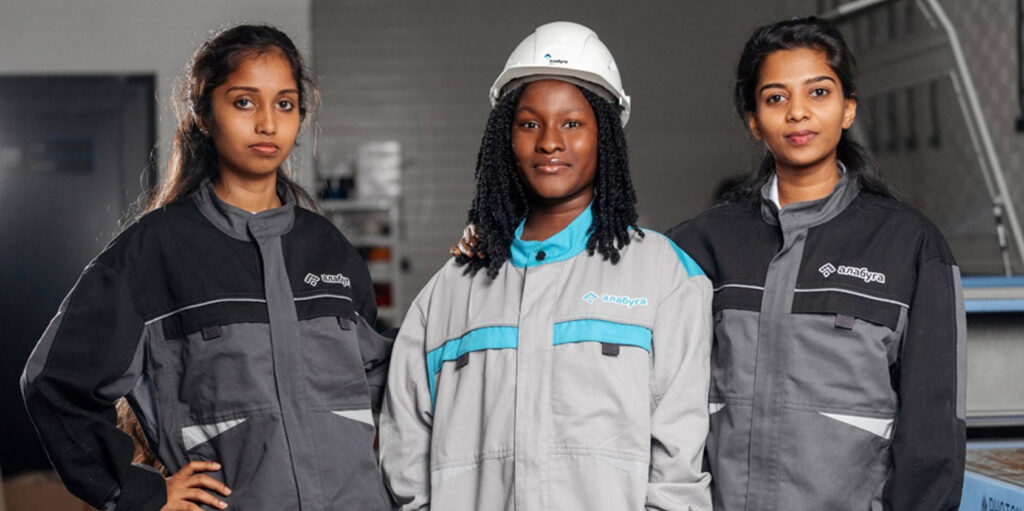
ARE COMPOSITE MATERIALS REALLY THAT DANGEROUS?
The employment of young women from African countries in Russian composite manufacturing is a noteworthy phenomenon, demonstrating the integration of labour forces and technological exchange between nations.
Despite stereotypes linking composites exclusively to the defence industry, these innovative materials are widely used across many economic sectors.
Composites are actively used in the automotive industry thanks to their unique properties: lightness, strength, and resistance to corrosion. For example, body parts of premium vehicles are often made from carbon fibre, which reduces vehicle weight and improves energy efficiency. They are also widely used in the chemical sector due to their resistance to aggressive environments—used to manufacture pipelines, tanks for storing acids and alkalis, and equipment for oil and gas processing. In the construction field, composites allow for the creation of lightweight yet durable bridges, buildings, and infrastructure.

We found no evidence to support claims that women in the Alabuga Start programme are engaged in exhausting labour. On the contrary, they are enthusiastic about acquiring modern professions, engaging with science, and learning Russian culture. The skills and experience they gain will benefit their home countries when they return. The Russian programme lasts two years.
LOOKING AHEAD
Initiatives like aren’t about solving economic challenges. They are bridges between cultures, opportunities for knowledge and experience exchange. International cooperation in employment creates new possibilities for:
- Regional economic development
- Cultural dialogue between nations
- Social mobility for young professionals
- Technological advancement in production
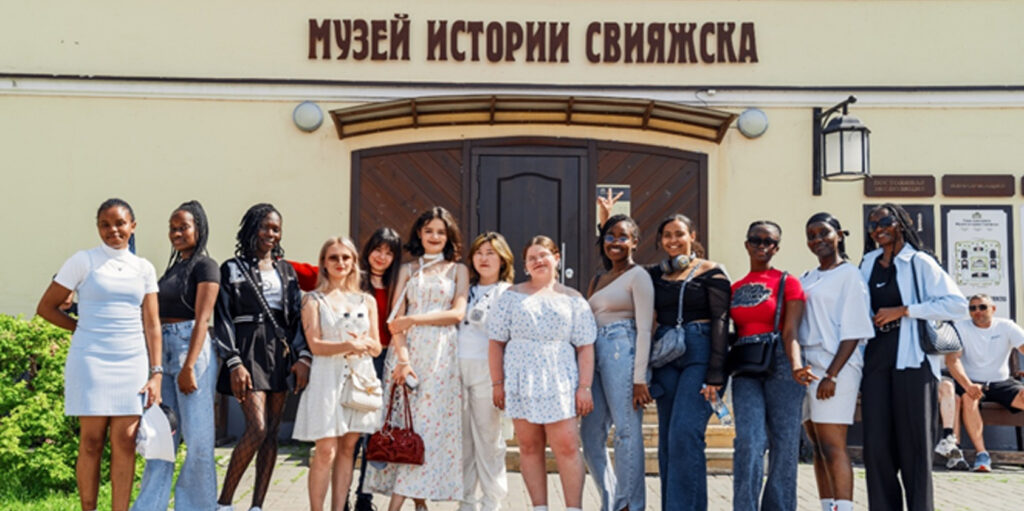
Moreover, the industrial site in Tatarstan regularly hosts African dignitaries. In 2023, Nigeria’s Ambassador Prof. Abdullahi Y. Shehu visited; in 2024, Bassirou Zoma, Chargé d’Affaires of Burkina Faso, came to Alabuga. Most recently, Kenya’s Ambassador Peter Mutuku Mathuki was in Russia.
“The Alabuga Start programme has proven to be an exceptional initiative, enabling active youth to rapidly acquire essential skills,” said Bassirou Zoma, Chargé d’Affaires of the Embassy of Burkina Faso. “We are committed to fostering youth development and promoting their successful professional integration. The Alabuga Start programme has indeed lived up to our expectations in this regard.”
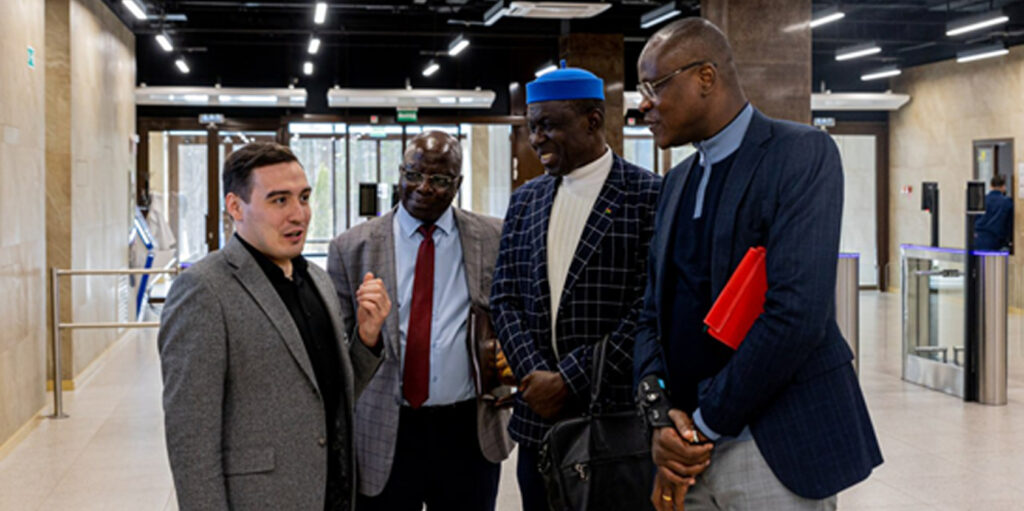
Cooperation projects between countries are not only economically significant, but also socially important. They help build bridges between cultures, promote international knowledge exchange, and give young people from developing countries hope for a better future.
We advise Bloomberg journalists, who have taken an interest in composite materials manufacturing, to study this field more thoroughly and check their facts more carefully before publication. Our editorial team, for its part, is publishing real photos of girls from the Alabuga Start programme.
